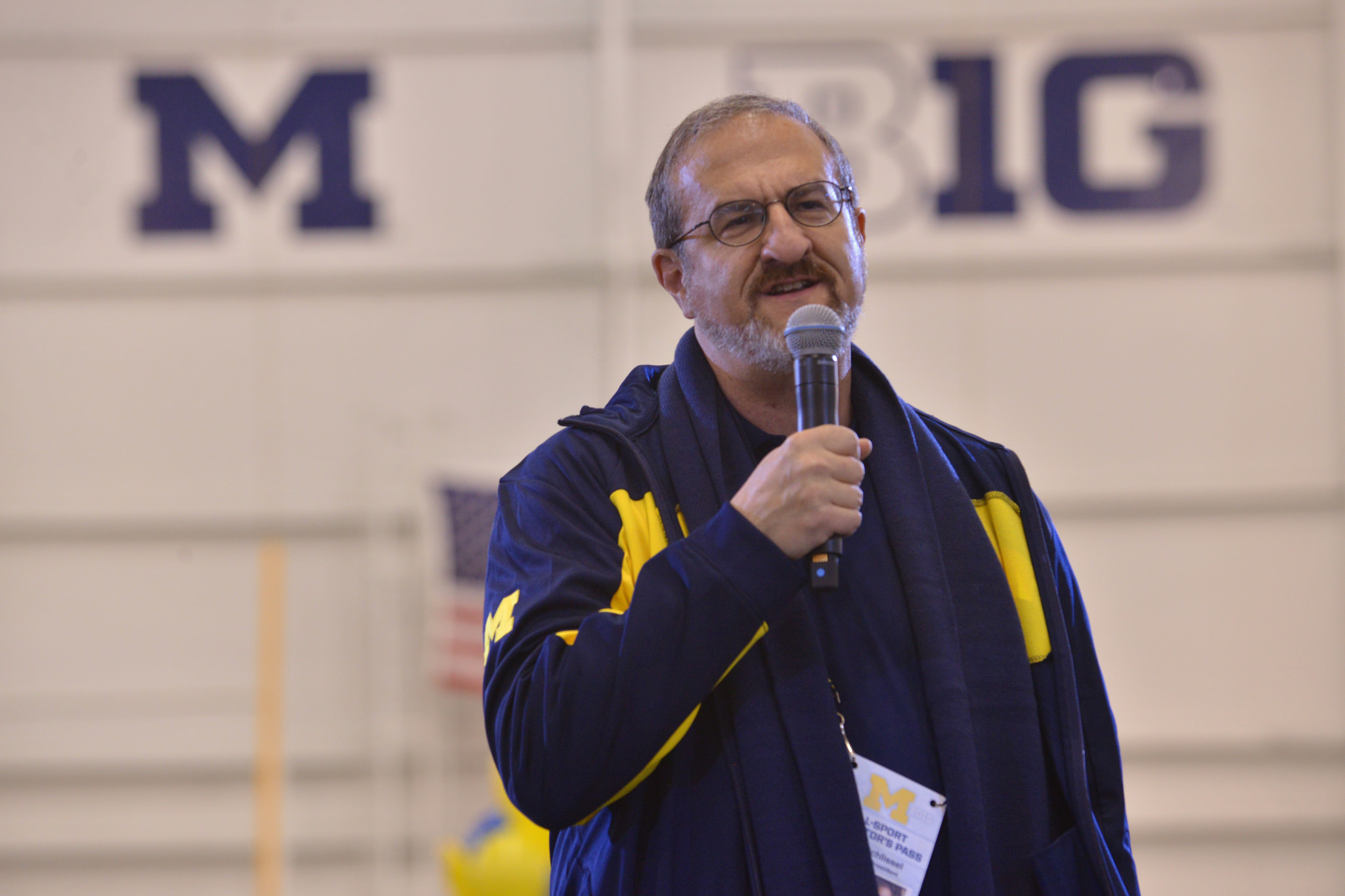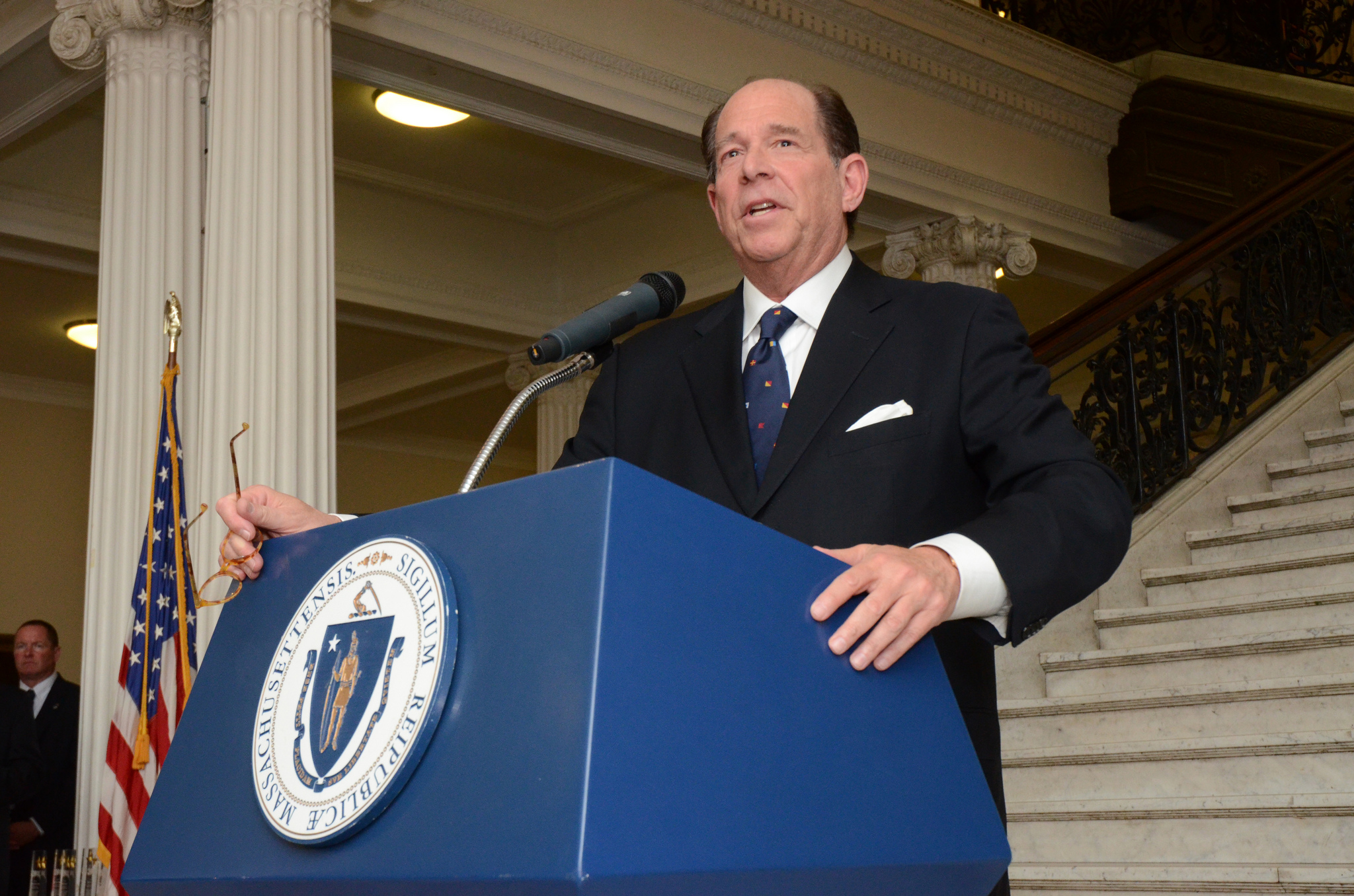college costs

With tuition and fees on the rise, a poll from Monmouth University finds a majority of Americans think higher education is spending too much time and money on sports. Perhaps no one knows that better than Mark Schlissel, president of the University of Michigan. WGBH’s On Campus recently sat down with Schlissel for a rare one-on-one interview and asked him how big-time college sports impact the bottom line and identity of a major research university.

____________________________________________________
Months after he resigned, the former president of Westfield State is now being sued for allegedly misusing school funds.
On Thursday, Massachusetts Attorney General Martha Coakley accused Evan Dobelle of spending nearly $100,000 on personal expenses and family vacations.

____________________________________________________
A new report out this week from the Brookings Institution looks at more than two decades of financial data, specifically how Americans are paying for higher education. The report finds the student debt crisis that we've all been hearing about isn't actually as bad as the public – and the media – often makes it out to be. WGBH’s Kirk Carapezza sat down with Beth Akers, a co-author of the report, to talk about the controversial findings.
 A select group of colleges and universities, responding to the public outcry over the skyrocketing cost of college, are cutting their tuition.
A select group of colleges and universities, responding to the public outcry over the skyrocketing cost of college, are cutting their tuition.
In Cambridge, Lesley University will slash its sticker price beginning next fall. Lesley’s new tuition plan comes as many families are rethinking the value and quality of a college degree.
A report released Wednesday by the College Board shows tuition increases at public colleges have slowed slightly, but the cost is still out of reach for most low-income students because government aid has dwindled.
Published tuition and fees spiked nearly 3 percent for in-state students at four-year public schools. The College Board says that’s the smallest one-year increase since 1975.
I opened the door to see my best friend from childhood, Randall, chewing on a pen top, facing me in his baggy jeans. We hadn’t seen each other for nearly a decade. As kids our lives seemed like mirror images and we were inseparable skateboarding, biking, and playing basketball on our block of South Central Los Angeles. But something changed in middle school. In eighth grade, while I was worrying about which private high school would give me a scholarship, he was getting arrested for the first time.
What you know determines where you go, according to a new book that sets out to determine why the smartest low-income students forgo the most selective colleges.
It’s not that poor kids aren’t as smart as rich ones, researcher Alexandra Walton Radford finds. Nor do top schools turn them down. In fact, she reports, low-income prospects have a big advantage in the admissions process at the most selective colleges.
The problem is that few of them apply, thanks to high school counselors and peers who know little about the admissions process, and parents who often know even less.











